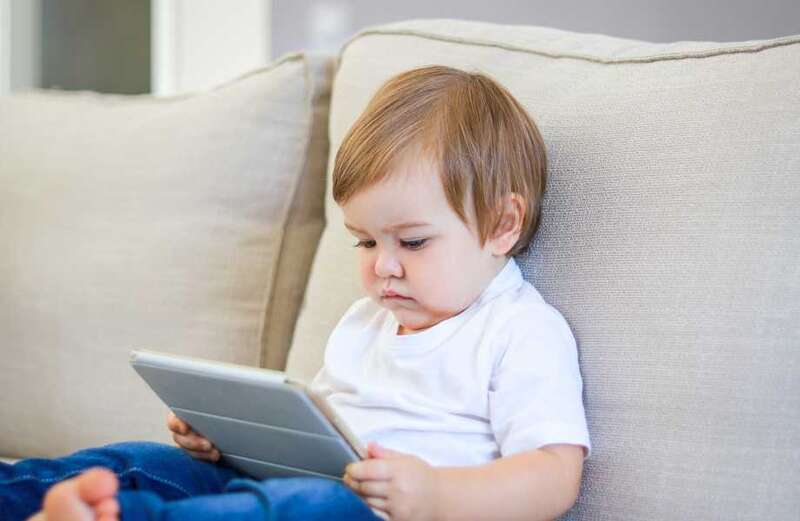IT seems that tech screens, be it tablets or phones, are a part of our everyday lives.
So it makes sense that the next generation (our children) grow up using them too.

But new research suggests babies who spend hours a day glued to screens could face developmental issues as they get older.
Japanese scientists said the more one-year-old's watched, the greater the effect.
They found those plonked in front of a TV or tablet for more than four hours a day during their first year or so of life experienced developmental delays.
 From tongue scraping to saying no, here are 12 health trends to try in 2023
From tongue scraping to saying no, here are 12 health trends to try in 2023
However, after the age of four, their social and personal skills and problem-solving caught up their peers.
The researchers were torn between two likely theories.
One was that the infants simply caught up.
The other was that tots who already had social and personal development problems were more likely to be put in front of screen.
Experts said that some kids’ language skills improved if their screens were used for educational purposes.
The study of 7,097 children was carried out by Tohoku University in Japan.
Parents filled in questionnaires monitoring their child’s development.
Study author Dr Taku Obara concluded: “Greater screen time at age one year was associated with developmental delays in communication and problem-solving at ages two and four years.”
Advice from the National Institute for Health and Care
Excellence (NICE) suggests that children - including tots - should have TV free days, or have a two-hour limit on the time spent in
front of screens.
 How to de-clutter if you have a beauty stash to last you a lifetime
How to de-clutter if you have a beauty stash to last you a lifetime
A limited amount of child-friendly screen time can be
educational, but it’s important to ensure the content is
appropriate for your child’s age, it adds.


































